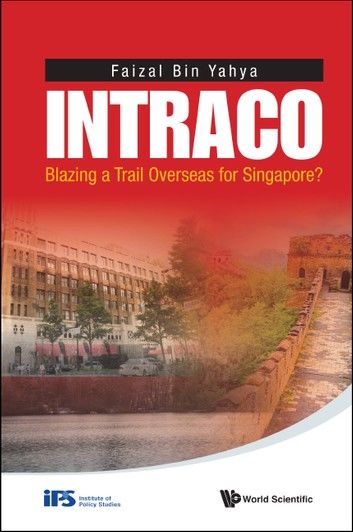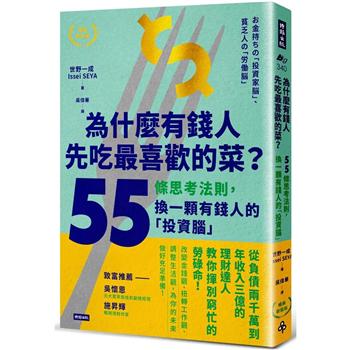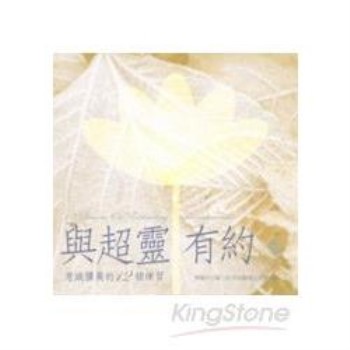| FindBook |
有 1 項符合
INTRACO的圖書 |
 |
Intraco: Blazing A Trail Overseas For Singapore? 作者:Faizal Bin Yahya 出版社:World Scientific Publishing Company 出版日期:2014-12-23 語言:英文 |
| 圖書館借閱 |
| 國家圖書館 | 全國圖書書目資訊網 | 國立公共資訊圖書館 | 電子書服務平台 | MetaCat 跨館整合查詢 |
| 臺北市立圖書館 | 新北市立圖書館 | 基隆市公共圖書館 | 桃園市立圖書館 | 新竹縣公共圖書館 |
| 苗栗縣立圖書館 | 臺中市立圖書館 | 彰化縣公共圖書館 | 南投縣文化局 | 雲林縣公共圖書館 |
| 嘉義縣圖書館 | 臺南市立圖書館 | 高雄市立圖書館 | 屏東縣公共圖書館 | 宜蘭縣公共圖書館 |
| 花蓮縣文化局 | 臺東縣文化處 |
|
|
Through the lens of the now-defunct Singapore government-linked company (GLC) called International Trading Company (INTRACO), this book offers a historical analysis of the country's economic development strategy. Since its Independence in 1965, GLCs like INTRACO were introduced by the former Deputy Prime Minister, the late Dr Goh Keng Swee, a pioneer of Singapore's remarkable transformation from Third World to First, to fulfil strategic economic objectives. As the country's "lifeblood" has been entreport trade, INTRACO was created to "blaze a trail overseas" by facilitating commercial ties behind the Iron Curtain during the Cold War. The eventual divestment of INTRACO highlights the same way in which the Singaporean state is acutely responsive to changing global economic and geopolitical trends. This book is useful to academics, students, and the interested lay reader for its insights into the role of the state in economic development in post-colonial countries.
Contents:
- INTRACO and Its Role in the Economic Development of Singapore
- Government-linked Companies and Sogo Shoshas
- State-guided Capitalism
- "National Service" — 1960s to 1980s
- Internationalisation and "Rough Waters" — 1980s to 1990
- Post-cold War and Globalisation — 1990 to 2000
- Devolving a Government-linked Company — 2000 to 2003
- Conclusion
Readership: Academics, policy makers and analysts interested in Singapore's economic history.
Key Features:
- First book on the topic in Singapore
- Traces and analyzes the contribution of an early GLC mooted by the late Dr Goh Keng Swee
- The primary data of the book is premised on more than 30 interviews with former middle to senior management at INTRACO
- Studies the “failure” of an iconic GLC and the reasons behind the “failure”
|











